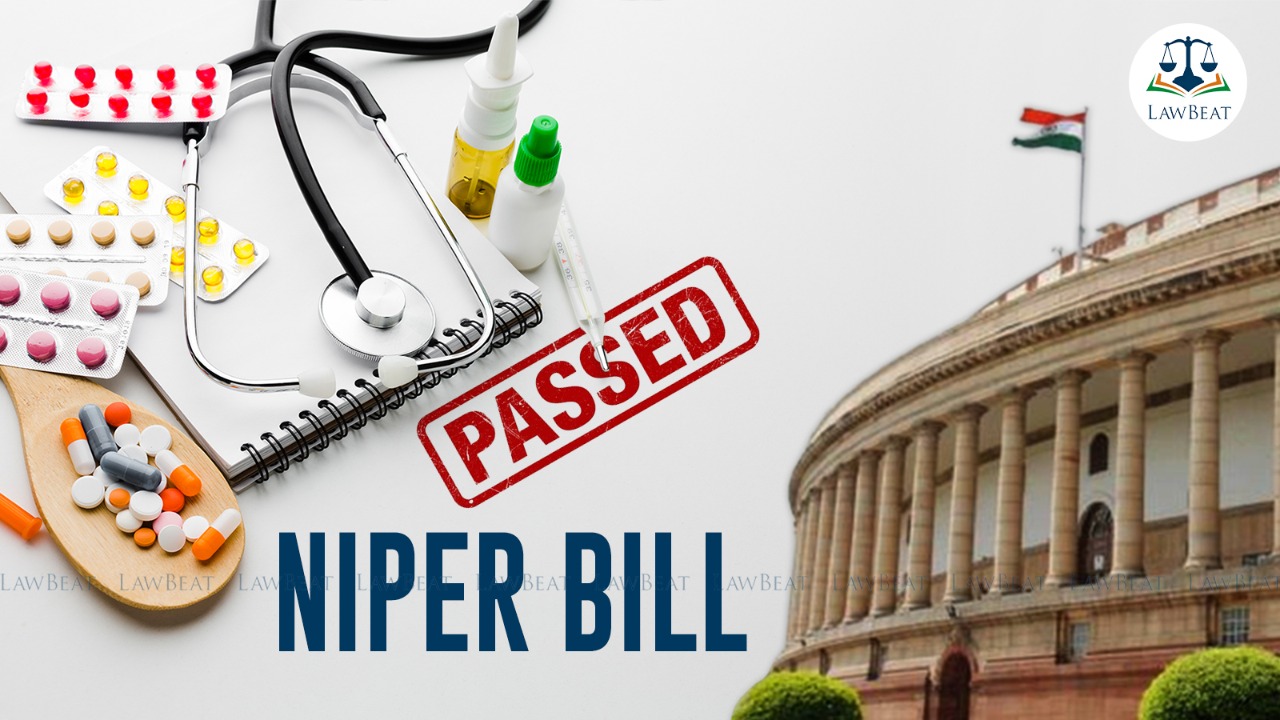Parliament passes NIPER Bill

The Parliament on Thursday passed the National Institute of Pharmaceutical Education and Research (Amendment) Bill to accord the status of ‘institute of national importance’ to six more institutes of pharmaceutical education and research, and also set up an advisory council for them. Rajya Sabha passed the Bill unanimously by a voice vote. It was passed by Lok Sabha earlier this week.
The Centre has brought the NIPER Bill to amend the National Institute of Pharmaceutical Education and Research Act, 1998. Through the 1998 legislation, a NIPER was established in Mohali, Punjab. It was declared an institution of national importance. Any Institution of National Importance is an autonomous body/institute with the power to hold examinations and grant educational certificates/degrees. They get funding from the central government.
The six new educational institutes are located in Ahmedabad, Hajipur, Hyderabad, Kolkata, Guwahati, and Raebareli. The Bill also proposes to bring down the membership of the Board of Governors mandated to manage the affairs at each NIPER from the current 23 to 12.
The Bill also proposed to set up a Council to coordinate the activities among the institutes under the Bill to ensure the development of pharmaceutical education and research and maintenance of standards.
The role of the council will be to advise on matters related to course duration, and admission standards, formulation of policies for recruitment, conditions of service, and fees, examining and approving development plans of the institutes and examining annual budget estimates for recommending the central government over allocation of funds.
The members of the Council will include the Minister in charge of the Ministry or department of the central government having administrative control of pharmaceuticals as the Chairperson and the Minister of State as the Vice-Chairperson, the Chairperson of each Board of Governors, the Director of every institute, the Chairperson of AICTE, the Director-General of CSIR, and three Members of Parliament (Lok Sabha and Rajya Sabha).
